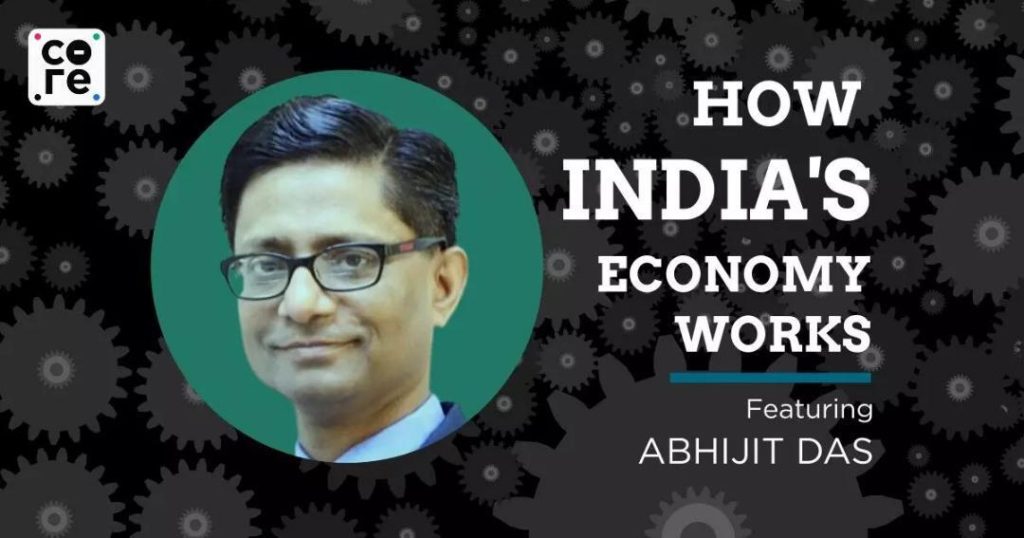
Expert Warns UK Trade Deal May Curb India’s Policy Flexibility
India’s free trade agreement with the UK is making headlines, with many experts and policymakers touting its potential benefits for the country’s export sector. However, a closer examination of the deal reveals some worrying implications for India’s domestic policy flexibility, warns Abhijit Das, a trade expert with significant experience in international trade policy.
In a recent podcast with The Core, Das highlighted some of the key concerns surrounding the India-UK free trade agreement (FTA). While the deal may bring short-term export gains, it could ultimately limit India’s ability to make policy decisions that benefit its citizens in the long term.
One of the primary concerns is the inclusion of non-trade clauses on labor and environment in the agreement. Das pointed out that these clauses could restrict India’s ability to implement policy changes that benefit its workers or the environment, even if those changes are deemed necessary by the Indian government.
“For instance, if India decides to increase the minimum wage for workers or implement stricter labor laws, the UK could potentially use these non-trade clauses to block the move,” Das explained. “Similarly, if India wants to implement stricter environmental regulations to combat pollution or climate change, the UK could use these clauses to delay or block the process.”
Das also expressed concerns about the lowered tariff barriers that are a key component of the deal. While reduced tariffs can make Indian goods more competitive in the UK market, they could also lead to a loss of revenue for the Indian government. This could exacerbate existing fiscal challenges and limit the government’s ability to invest in critical areas such as education and healthcare.
Furthermore, Das warned that the deal’s stricter intellectual property rights (IPR) norms could limit India’s ability to access affordable medicines and technology. “India has a long history of using compulsory licensing and parallel imports to access affordable medicines,” Das said. “However, the UK’s IPR norms could restrict these practices, making it harder for India to access life-saving medicines at affordable prices.”
Structural Reforms Key to Sustained Export Growth
Das emphasized that while the India-UK FTA may bring short-term benefits, structural reforms at home are critical for sustained export growth. “India needs to focus on improving its infrastructure, enhancing its business environment, and increasing its productivity to remain competitive in the global market,” he said.
Das pointed out that India’s export growth has been sluggish in recent years, and that the country needs to address its structural weaknesses to achieve sustainable growth. “The India-UK FTA is just one part of the equation,” he said. “India needs to focus on implementing policies that promote exports, such as improving its logistics, enhancing its research and development capabilities, and increasing its investment in education and training.”
Conclusion
While the India-UK FTA may bring some benefits, it is essential to carefully consider its potential implications for India’s policy flexibility. Das’s concerns about non-trade clauses, lowered tariff barriers, and stricter IPR norms are valid and warrant closer examination.
Ultimately, India’s policymakers must strike a balance between promoting exports and maintaining the country’s policy flexibility. By implementing structural reforms at home and negotiating FTAs that prioritize India’s interests, the country can achieve sustained export growth while protecting its policy space.
Sources:






